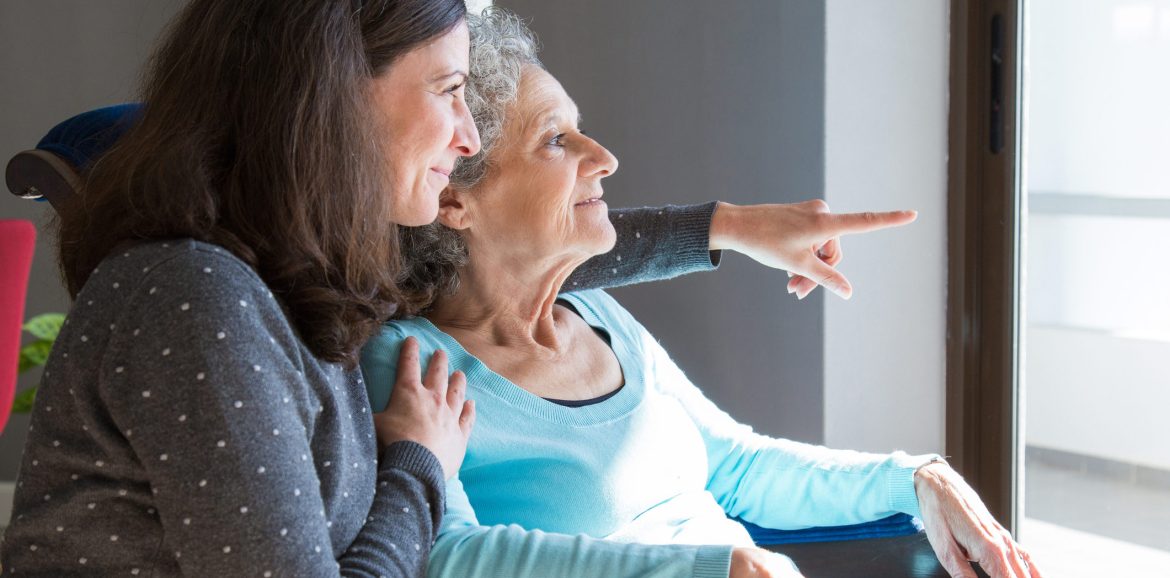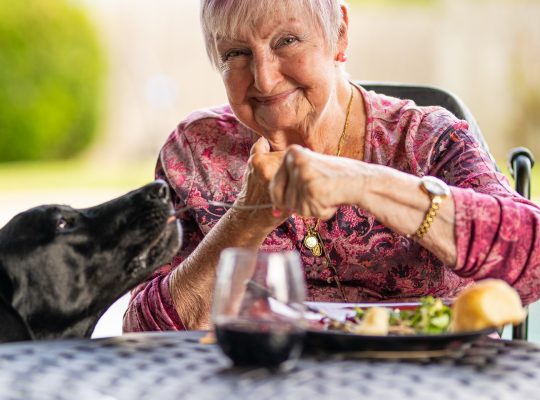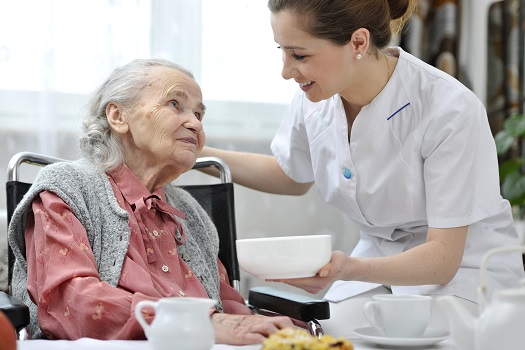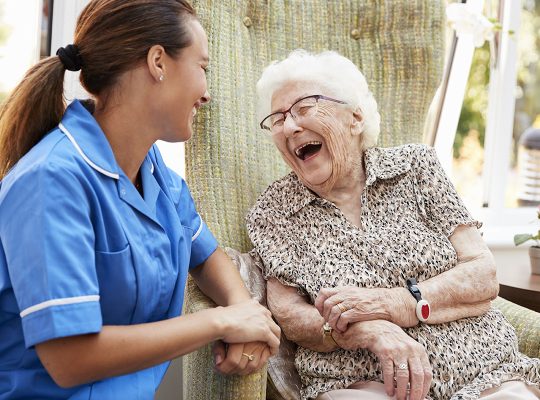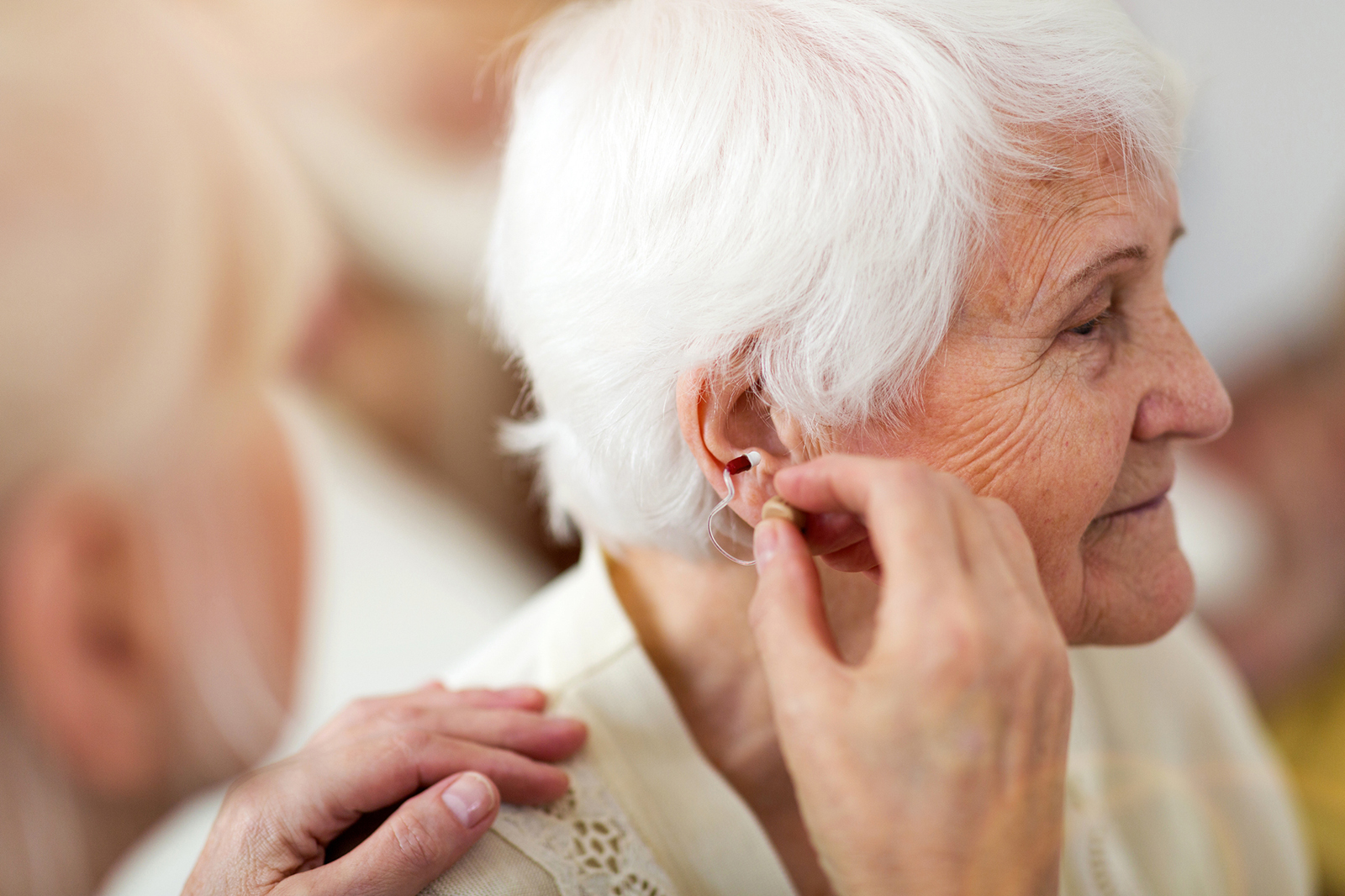Elderly care is a topic that touches the hearts of many families in the United States. As loved ones age, it’s natural to have questions and concerns about their well-being, healthcare, and quality of life. In this comprehensive guide, we’ll address the most common FAQs about elderly care, providing insightful answers and valuable information to help you make informed decisions and ensure your aging family members receive the best care and support.
FAQ 1: What Is Elderly Care?
Elderly care, also known as senior care or eldercare, encompasses a range of services and support provided to older adults. It includes assistance with daily activities, healthcare management, companionship, and various other forms of support tailored to the specific needs of seniors.
FAQ 2: What Are the Different Types of Elderly Care?
Elderly care comes in various forms, and the type of care a senior requires depends on their health and individual needs. Some common types of elderly care include:
- In-Home Care: Caregivers provide support and assistance within the senior’s own home, allowing them to maintain their independence.
- Assisted Living: Seniors live in a community with access to support and services.
- Nursing Homes: These facilities provide comprehensive healthcare and round-the-clock support for seniors with more complex needs.
- Memory Care: Designed for seniors with dementia or Alzheimer’s disease, memory care units offer specialized care and a secure environment.
FAQ 3: What Services Does Elderly Care Include?
Elderly care services can encompass a wide range of support, such as:
- Assistance with Activities of Daily Living (ADLs): This includes help with bathing, dressing, grooming, and mobility.
- Medication Management: Caregivers can assist with medication reminders and ensure that seniors take their prescriptions as directed.
- Companionship: Social interaction and companionship are essential for seniors’ mental and emotional well-being.
- Meal Preparation: Preparing and serving nutritious meals is a common service provided.
- Transportation: Assisting with transportation for medical appointments, errands, and social outings.
- Housekeeping: Light housekeeping tasks like cleaning and laundry can be part of elderly care services.
FAQ 4: How Do I Choose the Right Elderly Care Option?

Choosing the right elderly care option depends on factors such as the senior’s health, preferences, and the level of care required. Here are some steps to help you make an informed choice:
- Assess the Senior’s Needs: Consider their physical, emotional, and social needs.
- Research Local Options: Explore care facilities or agencies in your area.
- Visit and Ask Questions: Tour potential facilities and ask questions about their services and staff.
- Consult with Experts: Seek advice from healthcare professionals and eldercare specialists.
- Consider the Senior’s Input: Whenever possible, involve the senior in the decision-making process.
FAQ 5: How Can I Afford Elderly Care?
Elderly care costs can vary significantly, depending on the type of care and location. To make elderly care more affordable, consider these options:
- Insurance: Explore whether long-term care insurance, Medicare, or Medicaid can help cover costs.
- Veterans Benefits: Veterans and their spouses may be eligible for VA benefits that can assist with elderly care expenses.
- Social Services: Some government programs offer support to low-income seniors.
- Family Assistance: Family members can share the cost and responsibilities of care.
FAQ 6: What Are the Signs That a Senior Needs Elderly Care?
Recognizing when a senior needs elderly care is crucial. Look for signs such as:
- Difficulty with ADLs: Struggling with personal care tasks like bathing or dressing.
- Forgetfulness: Frequent memory lapses or confusion.
- Safety Concerns: Falls, accidents, or signs of neglect at home.
- Isolation: Social withdrawal and reduced engagement with others.
- Health Changes: Chronic illnesses, medication mismanagement, or weight loss.
FAQ 7: Can Elderly Care Be Tailored to Individual Needs?
Yes, elderly care is highly customizable. Care plans are developed based on the unique needs and preferences of each senior. This ensures that the care provided is tailored to their individual requirements, promoting the best possible quality of life.
FAQ 8: What Should I Look for in an Elderly Care Provider?
When choosing an elderly care provider, consider the following factors:
- Experience and Training: Ensure that the caregivers have the necessary training and experience to provide quality care.
- References and Reviews: Check references and read reviews from other families who have used their services.
- Licensing and Accreditation: Verify that the provider is licensed and accredited by the appropriate regulatory bodies.
- Communication: Effective communication and a caring approach are vital qualities for caregivers.
FAQ 9: How Can I Plan for the Cost of Elderly Care?
Planning for the cost of elderly care is essential to ensure that the senior’s needs are met without financial strain. Here are some financial planning steps:
- Create a Budget: Estimate the costs of care and evaluate your financial resources.
- Explore Insurance Options: Investigate long-term care insurance, Medicare, and Medicaid.
- Consult a Financial Advisor: A financial advisor can help you plan for care costs and investments.
- Consider Legal and Estate Planning: Make sure the senior’s legal and financial affairs are in order.
FAQ 10: How Can I Ensure Quality of Life for a Senior Receiving Care?
Quality of life for seniors receiving care is a top priority. To enhance their well-being, focus on:
- Personal Preferences: Tailor care to the senior’s likes, dislikes, and interests.
- Social Engagement: Encourage interaction with family, friends, and fellow residents.
- Physical Activity: Promote regular exercise and activities that keep the senior engaged.
- Nutritious Diet: Ensure that the senior receives a well-balanced, nutritious diet.
Conclusion
Elderly care is a significant aspect of ensuring the well-being of aging family members. By addressing these common FAQs about elderly care, you gain insight into the services available, the decision-making process, and ways to plan for the best care possible. Whether you’re seeking in-home care, considering an assisted living facility, or exploring nursing home options, informed decisions and personalized care plans will help you provide the support and comfort your loved ones need in their later years.

